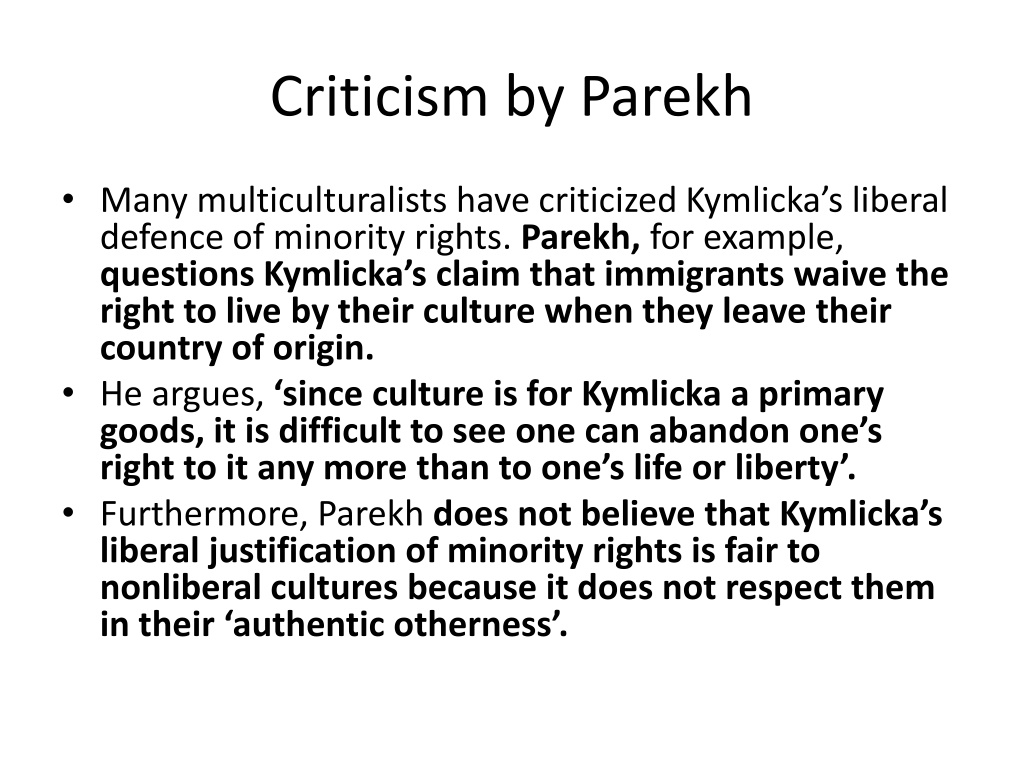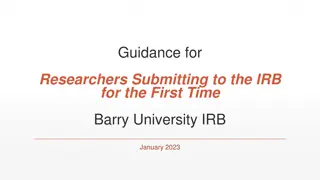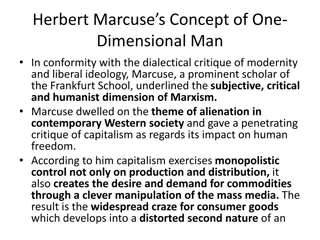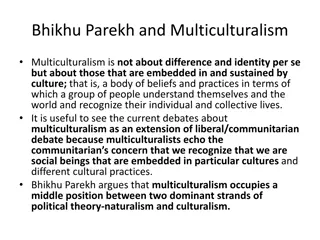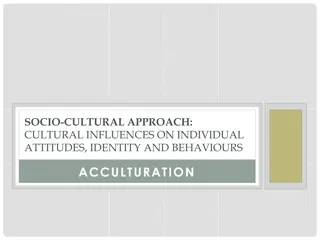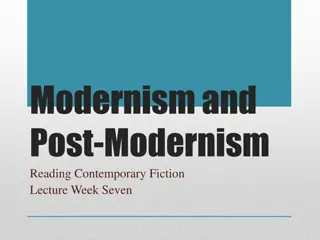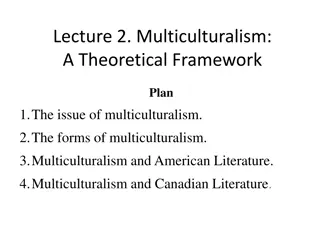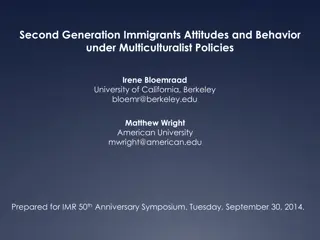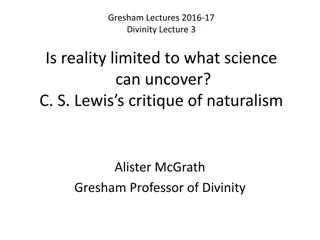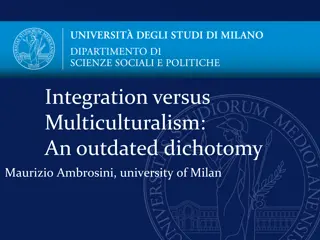Critiques of Multiculturalism by Parekh, Taylor, Barry, and Kymlicka
Many multiculturalists criticize Kymlicka's liberal defense of minority rights, questioning his views on immigrants and children of parents who emigrate. Parekh and Taylor argue against Kymlicka's approach to culture and minority rights, while Barry criticizes how multiculturalists use culture to defend certain practices. Concerns are also raised about tolerating unjust practices in the name of multiculturalism. Kymlicka emphasizes limitations on minority rights based on liberal principles.
Download Presentation

Please find below an Image/Link to download the presentation.
The content on the website is provided AS IS for your information and personal use only. It may not be sold, licensed, or shared on other websites without obtaining consent from the author. Download presentation by click this link. If you encounter any issues during the download, it is possible that the publisher has removed the file from their server.
E N D
Presentation Transcript
Criticism by Parekh Many multiculturalists have criticized Kymlicka s liberal defence of minority rights. Parekh, for example, questions Kymlicka s claim that immigrants waive the right to live by their culture when they leave their country of origin. He argues, since culture is for Kymlicka a primary goods, it is difficult to see one can abandon one s right to it any more than to one s life or liberty . Furthermore, Parekh does not believe that Kymlicka s liberal justification of minority rights is fair to nonliberal cultures because it does not respect them in their authentic otherness .
Criticism by Taylor Taylor s criticism seems valid if one considers what Kymlicka says about the children of parents who emigrate. Kymlicka claims that it is important that governments should strive to make the children of immigrants feel at home in the mainstream culture, to feel that it is their culture . But one can then ask why should we not support the same policy for the children of national minorities? In addition to championing the rights of national minorities, multiculturalists also defend special treatment of providing financial support or legal protection for members of ethnic or religious groups. Multiculturalists fear that like the aspiration to assimilate national minorities, the aim of assimilating immigrants also unfairly privileges ways of life of the dominant culture over other ways of life.
A Multi-faceted Egalitarian Critique by Barry Barry develops a multi-faceted egalitarian critique of multiculturalism. One of Barry s central complaints is that multiculturalists abuse culture. They do so when they maintain that it is some sort of defence of a practice to say that it forms an element in the culture of the group whose practice it is (e.g. when one defends exemptions from humane slaughter regulations on the grounds that it is part of the culture of Orthodox Jews and observant Muslims that they butcher animals in a way that contravenes those regulations). But this kind of reasoning provides grounds for justifying unjust historical practices such as slavery as well as falsely assuming that human beings do not have a capacity for cultural adoption.
Multiculturalism: A Public Philosophy for Tolerating Unjust Practices Many critics of multiculturalism share Barry s concern that multiculturalism commits us to a public philosophy that will require tolerating unjust practices. Kymlicka shares this concern with Barry. He does not believe that culture itself is intrinsically valuable. He would agree with Barry that culture itself cannot be a defence of a practice. For Kymlicka cultures are valuable and warrant protection because they contribute to some more basic human interest. Thus, when cultural practices are in conflict with these basic human interests the justification for protecting these practices is dissolved.
Internal Restrictions Vs External Protections According to Kymlicka, Liberal Principles impose two fundamental limitations on minority rights. The basic civil or political liberties of all citizens, including members of the minority culture, cannot be compromised (Internal Restrictions). In addition to these internal restrictions , liberal justice cannot accept any such rights which enable one group to oppress or exploit other groups, as in apartheid (External Protections). Thus, a minority culture s demands for external protections are legitimate only in so far as they promote equality between groups, by rectifying disadvantages or vulnerabilities suffered by the members of a particular group .
Liberals Emphasis on Human Beings Capacity for Cultural Adoption According to some liberals we are more adaptive than what multiculturalists and communitarians presuppose. Thus, liberals would argue, claims about preserving cultural identity are not as urgent or pressing as multiculturalists often portray them. For example, Jeremy Waldron does not believe that people are connected to their own culture in any deep way but live in a kaleidoscope of cultures .
Politics of Recognition Vs Politics of Redistribution-Barry Another central concern of Barry is that a politics of recognition undermines the politics of redistribution. The latter relies on a sense of solidarity in which citizens conceive of politics as a society-wider conversation about question of common concern . But the politics of multiculturalism is divisive and thus undermines the commitment to social equality.
